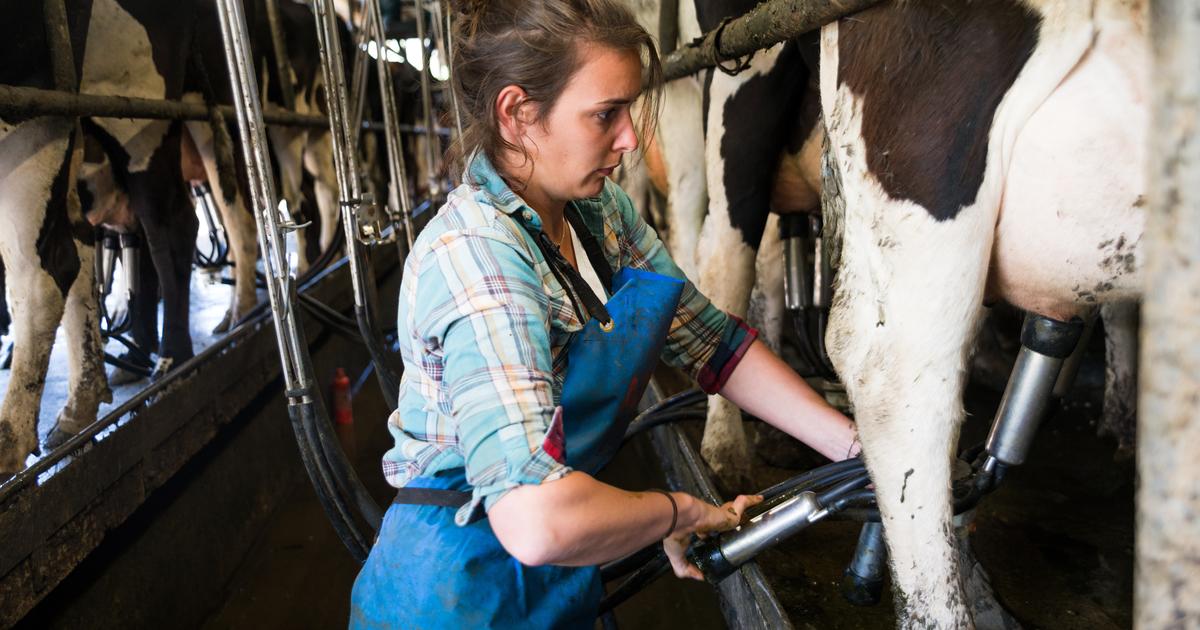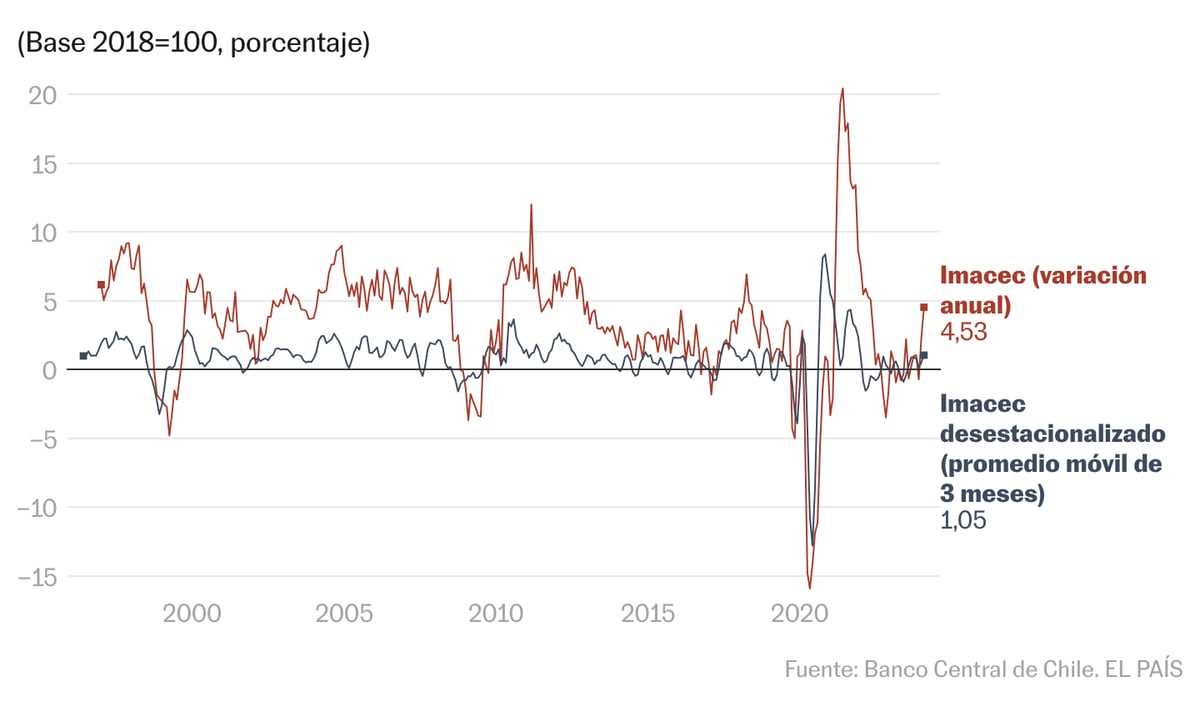US Treasury Secretary Janet Yellen last February BRENDAN SMIALOWSKI / AFP
"If it rains, maybe we have to open the umbrella," said the Secretary of the Treasury.
"My God, he's forecasting torrential rain!" The experts screamed in terror.
Well that's not exactly what Janet Yellen said on Tuesday.
His exact words were: "Maybe interest rates have to go up a bit to make sure our economy doesn't overheat."
His comment was not a forecast, and it was certainly not an attempt to influence the Federal Reserve, it was simple common sense.
Still, he shouldn't have said it. Tradition dictates that the country's main economic authority should not pronounce even the most obvious economic truths, even if she is a first-rate economist, lest they be interpreted as signs of… something. And the financial media were quick to declare that his comment constituted a scandalous departure from the official line of the Biden Administration.
Fortunately, the furor has been short-lived and, as with these things, Yellen's moment of sincerity has not been so bad.
Market expectations for future monetary policy, reflected in long-term interest rates, do not appear to have moved one iota in the last two months.
But the media heat was part of a larger phenomenon: Many analysts don't seem able to put the bumps and passing incidents of an expanding economy into perspective.
More information
Rapid vaccination and public spending plans inject optimism into the US Federal Reserve
It is clear that we have begun an expansion, although the vast majority of Republicans say they believe that the economy is getting worse. Everything indicates that the fastest growing year since "the dawn of America" in 1983-1984 is looming. What could be wrong with it?
Well, expanding economies often run into temporary bottlenecks, which translate into higher prices for specific products. For example, the price of copper tripled between December 2008 and February 2011, even though the recovery from the 2008 recession was rather slow. The bottleneck problem is especially serious now, because the contraction caused by the pandemic has been strange and so is the recovery that is now underway. Consumer spending has not followed the patterns it exhibits in a conventional recession, and as a result, we are now facing unusual shocks.
The great scarcity of wood is one example. Typically, housing spending plummets during a recession. Yet in 2020, with many people locked up at home, Americans splurged on domestic reforms. Timber producers, who did not see it coming and cut production, were left without sufficient capacity to meet demand, so the price of planks has skyrocketed.
But do these bottlenecks pose a risk to the overall recovery? Are they a sign that politicians have to back down? No. The overwhelming lesson of the last 15 years is that short-term commodity price fluctuations say nothing about future inflation, and that political authorities who overreact to these fluctuations - such as the European Central Bank , who raised interest rates in the midst of a debt crisis because commodity prices scared them - they always end up regretting it.
Therefore, the shortage of raw materials is not a big problem. And what about the labor shortage? Many employers complain that, despite the general unemployment, they cannot find enough workers; economists at the Federal Reserve believe that the real unemployment rate remains close to 10%. To what extent should we take these complaints seriously?
I have been perusing a report titled
The Difficulty of American Small Businesses Finding Qualified Workers
. The report summarizes a poll conducted by Gallup and Wells Fargo, which found that most companies say they find it difficult to hire workers. But I have not mentioned the date the report took: February 15, 2013, a time when for every vacancy there were three unemployed. The fact is, there was no shortage of skilled workers, and the unemployment rate continued to decline for another seven years.
So what was the problem? In a depressed economy, employers get used to filling vacancies with ease. When the economy improves, hiring becomes a little more difficult; sometimes you have to attract workers by offering them better wages. And this is experienced by employers as a labor shortage. But this is how the economy is supposed to work. That employers compete for workers by raising wages is not a problem, it is what we want. Does all this mean that economic expansion has no limits, and that inflation can never become a problem? Of course not. But one-off shortages of a few commodities and a strong job market aren't reasons to panic.
We should only be concerned if we see one of two things: evidence that expectations of prolonged inflation are being built into pricing decisions, or evidence that the economy is overheating.
So far there are no signs of the first potential problem and the Biden administration appears to be closely monitoring those signs.
As for overheating, it could be a problem.
We have already approved a large package of financial aid, and families have huge savings mattresses.
So excessive expansion is possible.
But if that happens, the Federal Reserve can hit the brakes, and I think it will.
Something that I can say because, luckily, I do not hold public office.
Paul Krugman
is a Nobel Laureate in Economics. © The New York Times, 2021. News Clips translation

/cloudfront-eu-central-1.images.arcpublishing.com/prisa/C5BMJLJDIZNKUIN3VMMLJ5XX2A.jpg)


/cloudfront-eu-central-1.images.arcpublishing.com/prisa/OOBF5MCTLJGB5J5O4SKHMULMK4.jpg)







